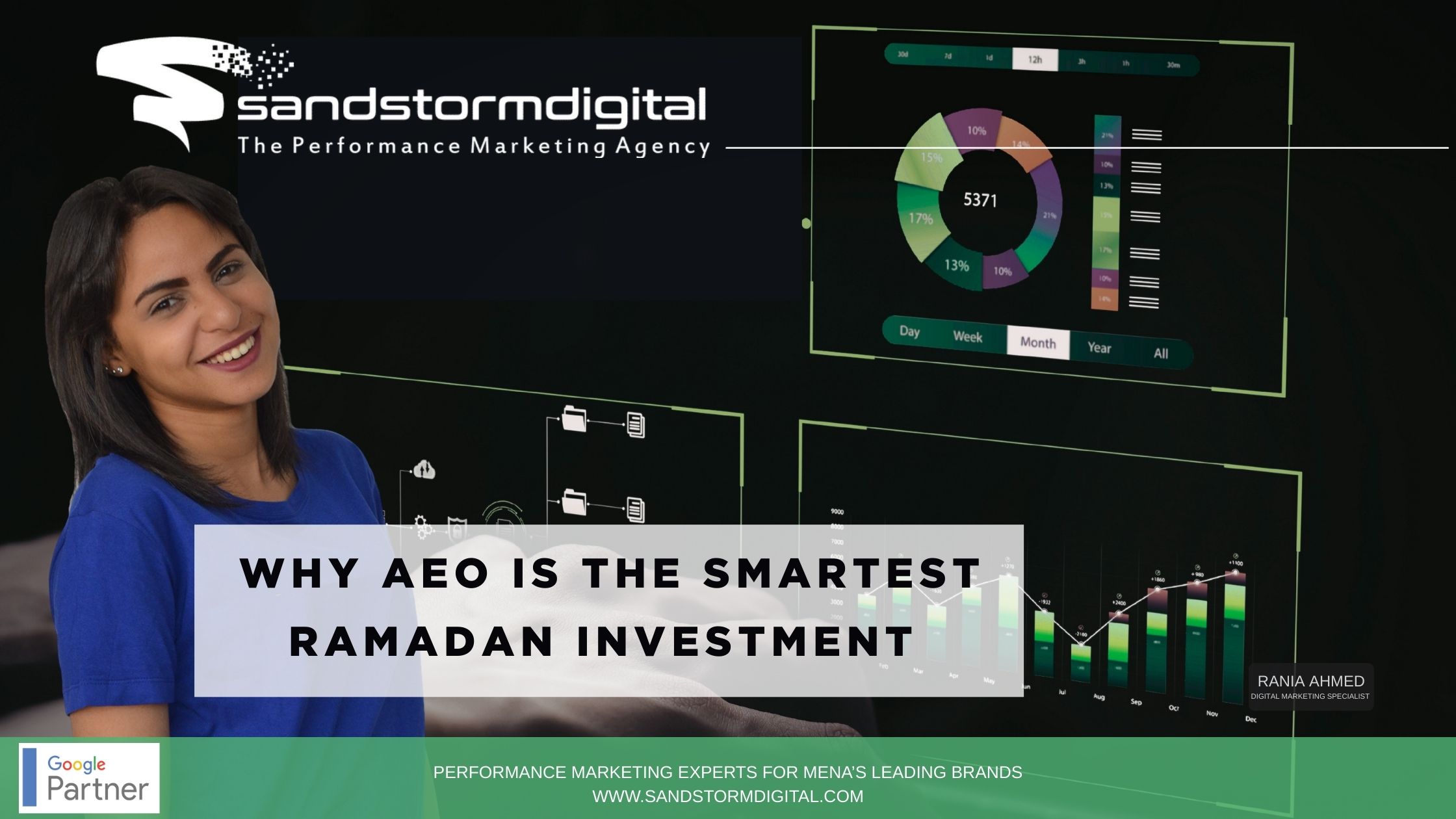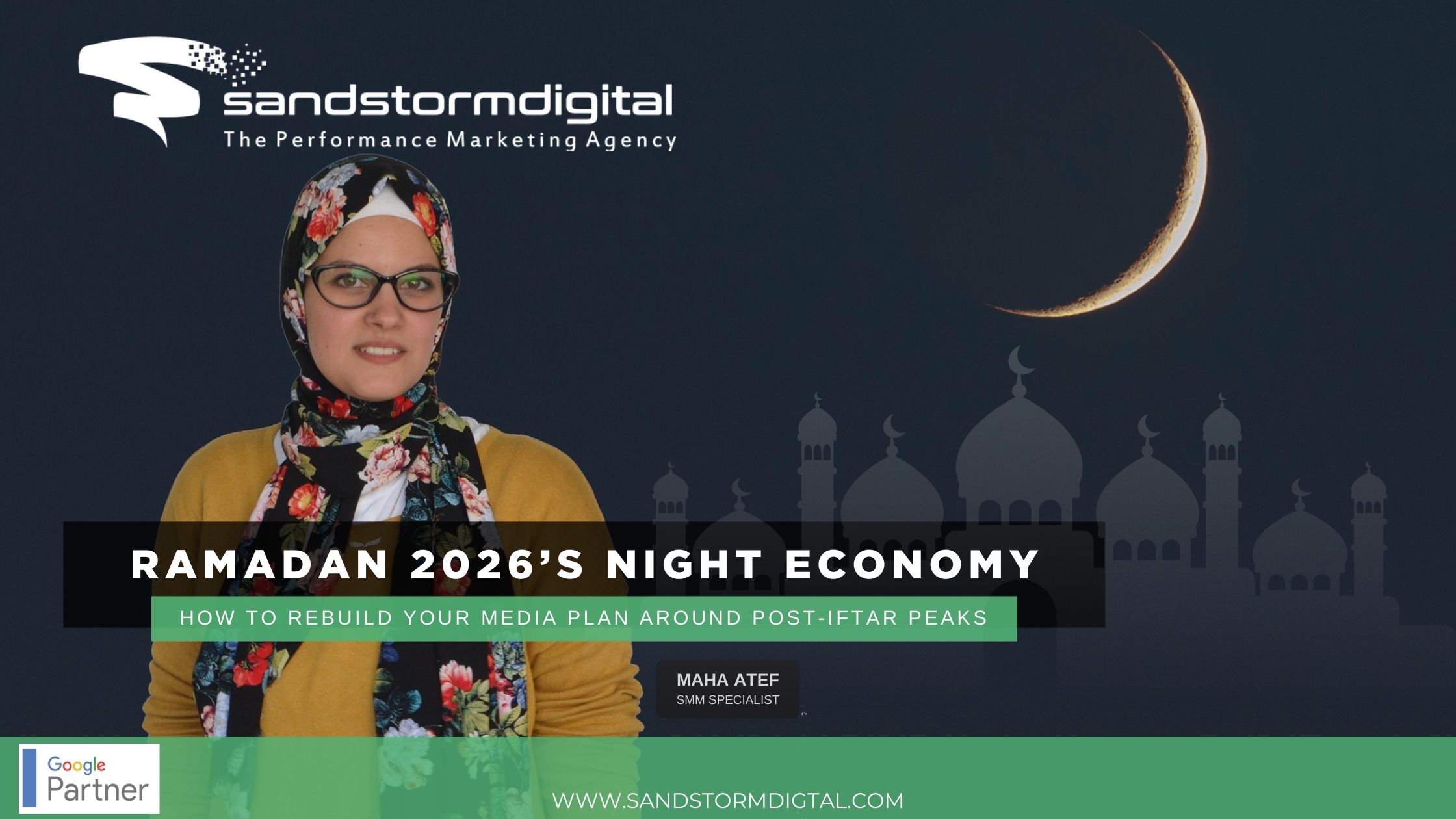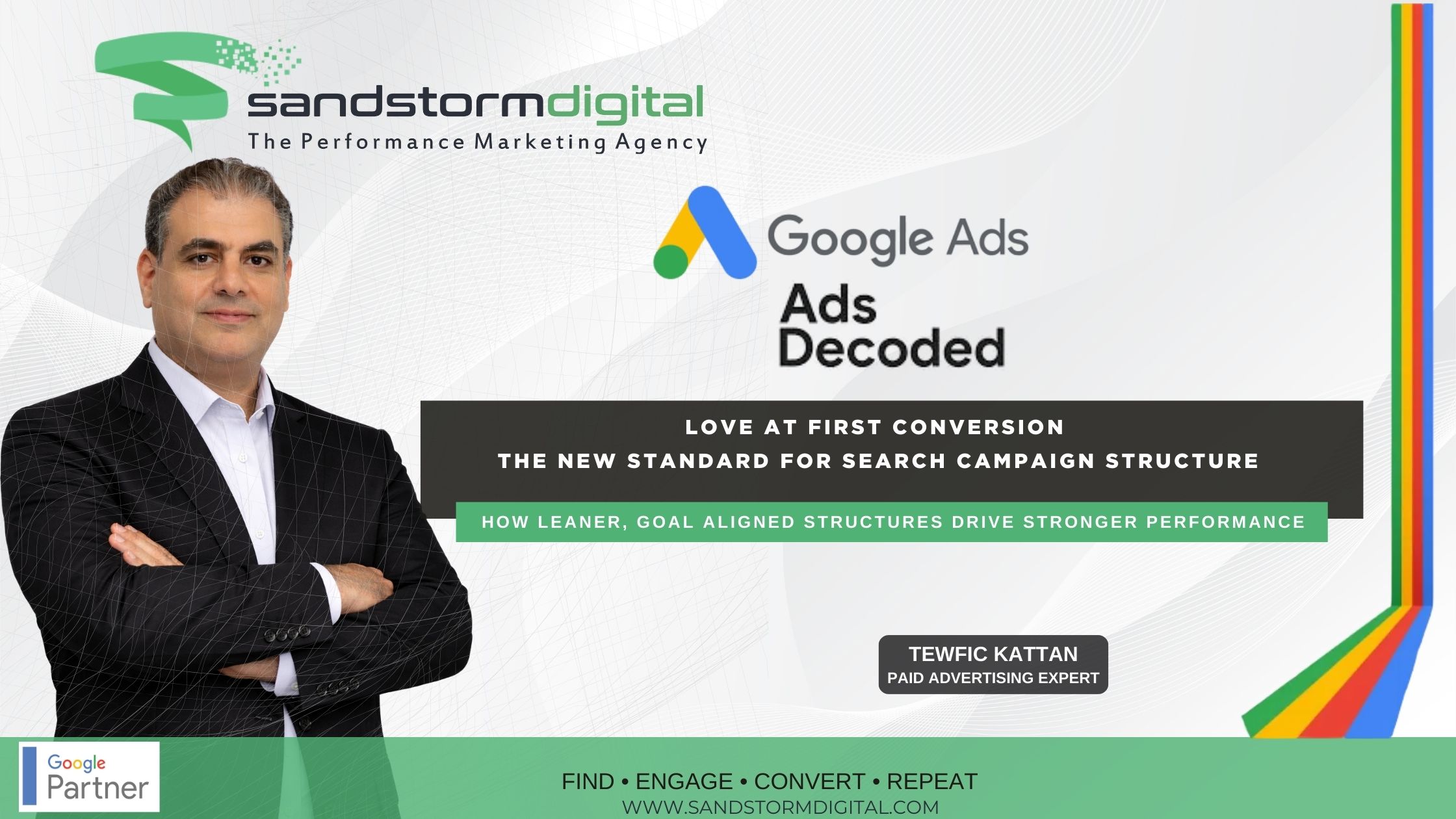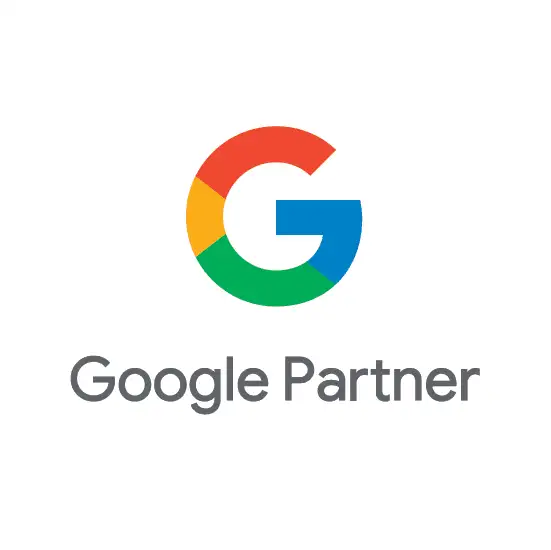Virtual reality (VR) and augmented reality (AR) isn’t really new, but we’ve been hearing a lot of chatter lately about metaverse.
In late 2021, Zuckerberg announced a shift in focus to the metaverse and the next stage of digital connection by also changing its name to Meta. On their website, it states “The metaverse is the next evolution of social connection. Our company’s vision is to help bring the metaverse to life, so we are changing our name to reflect our commitment to this future.”
The true definition of Metaverse is – a shared, persistent virtual network that can be an extension of the real world. Companies such as Meta and Microsoft are investing heavily in the development of VR and AR. We’ve also been seeing top gaming companies and others adjust their strategy to be part of the metaverse.
The conversation has started and will continue to be a central discussion in 2022. According to Zuckerberg, “ Building for the metaverse will require major breakthroughs in artificial intelligence.”
You can argue that Metaverse, is available in a 2-D version with Roblox, Minecraft, and Fortnite gaming platforms, but what Zuckerberg and others envision is a more immersive experience with a 3D virtual world that can be utilized across platforms.
It is not yet determined what the metaverse will look like, but we are keeping a close eye on those paving the way such as Meta, Microsoft, Nvidia, Sony, and Epic Games.
Metaverse can be the next big internet evolution and may transform the online advertising industry. Merging of the physical and digital worlds holds endless possibilities for digital marketing.











